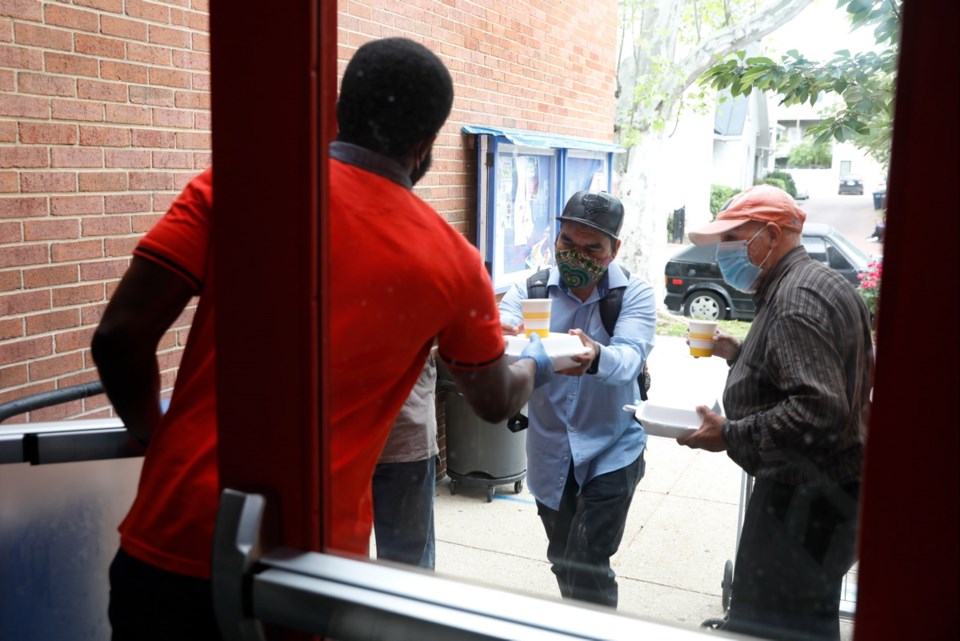We’ve heard a lot about a post-pandemic New World Order in the past few months. The response to COVID-19 has shut down industries, taxed public services, nearly bankrupted governments and put hundreds of millions of people worldwide on various versions of the dole.
Even now, with restrictions easing and some businesses and services reopening, the disease’s progression around the world has forced upon us a sudden shift in living that presents, some say, a Once-in-a-Lifetime Opportunity. Now, they say, is the time to re-examine our values as a society and to change how we do things and — finally — to Get It Right.
Being forced to spend more time with our families and to rely upon our own ingenuity and the resources on hand to get through these days in smaller spaces gives us time to reflect deeply on what worked well before and what, well, didn’t, and to determine what we want life and society to be like in the coming years and decades. This, many say, is our opportunity to press “Reset.”
Our compliance with current and recent restrictions may be enabled by our focus on the eventual Return to Normal, but after three, six or however many months it takes to develop a viable vaccine and develop immunity at the population-scale, how normal will Normal be?
“It’s more a ‘World Re-ordered,’ ” Nature Boy points out. “The idea would be to deliberately re-engineer a better world.”
He pauses. “That’s usually called a revolution.” Another pause. “Or we might just be making a few superficial tweaks to make things look good while things settle into their old patterns and we get on with forgetting that we had an opportunity to change things.”
The past few months have shown how commuting equals polluting. Satellite images of the south coast’s nitrogen oxide pollution showed drastic reductions in emissions after the COVID-19 shutdown. The data have public health implications well beyond COVID-19. Studies out of UBC have shown that traffic-related pollution and wood burning in Metro Vancouver lead to higher rates of bronchiolitis and childhood asthma.
They also point the way for a greener, net-zero emissions future. This year’s dip in pollution, scientists say, isn’t enough to slow climate change. For that to happen, the reductions must be sustained over decades.
We have Incentive and Opportunity. Will we grasp them and make real, lasting change to benefit this and future generations and the planet?
The current crisis reveals how vulnerable many of us are in our caring Canadian society. Many of the people working frontline jobs deemed essential during the pandemic — care-home staff, grocery-store clerks, hospital cleaning staff, delivery staff, and so on — are poorly paid, have no benefits and no job protection. Seniors living in care homes have long been vulnerable — COVID-19 has merely exacerbated that condition. The homeless are another marginalized, overlooked group with no protections.
Awareness and Opportunity: Will we enact long-term change to support these members of our community?
The COVID-19 epidemic has also redistributed social responsibility for community health. Public health agencies and governments have made it clear that we are each personally responsible for ensuring that we, as individuals, don’t infect our neighbours or colleagues with COVID-19, flu or colds. Most of us willingly accepted that responsibility by restricting our activities during the shut down.
Will that community-oriented selflessness continue post-pandemic?
Nature Boy may be right in that the current crisis could lead to revolutionary changes. But there’s also a chance that post-pandemic governments, industries, businesses and people will be so intent on rebooting the economy to pay off debt and get back to something approximating “normal” that things will just go back into the old rut … or get even worse.
Window-dressing may be undertaken to appease those demanding change. In the corridors of power, promises may be made and mere small change budgeted.
Meanwhile, outside, in the Big Ol’ World, the familiar hamster wheel of daily life MIGHT rev up, spinning in place at full speed, with no real concessions made for social justice, equity, the environment or progress.
The new World Re-order may be just turn out to be a Hollywood-style make-over — all surface, no substance.



